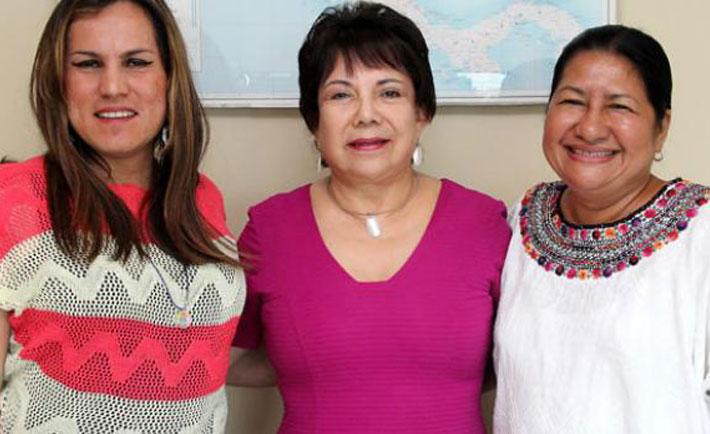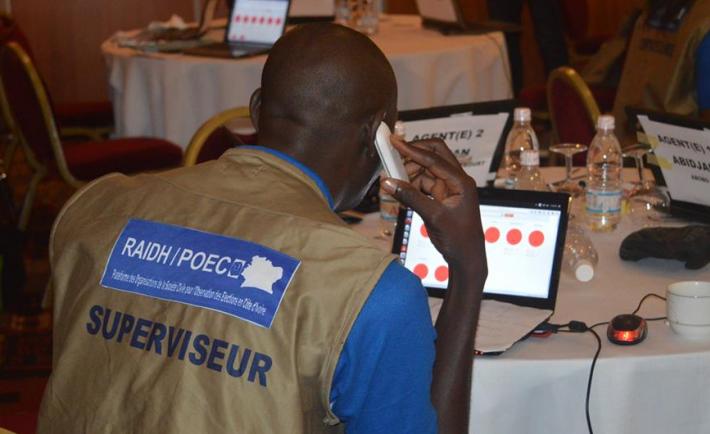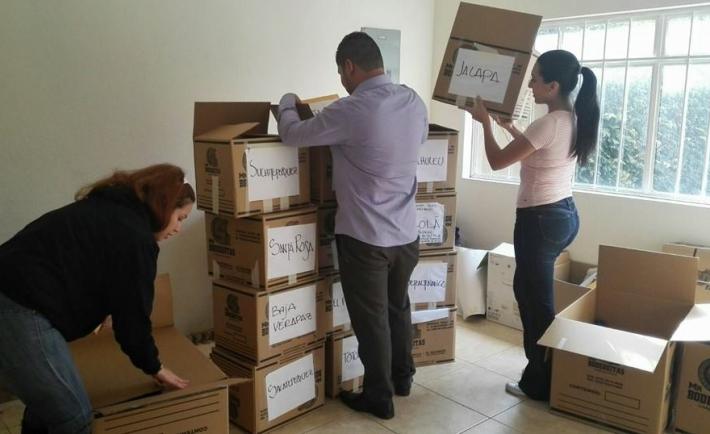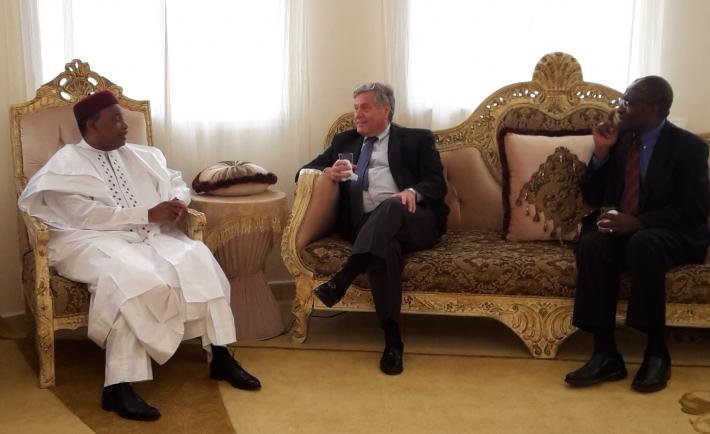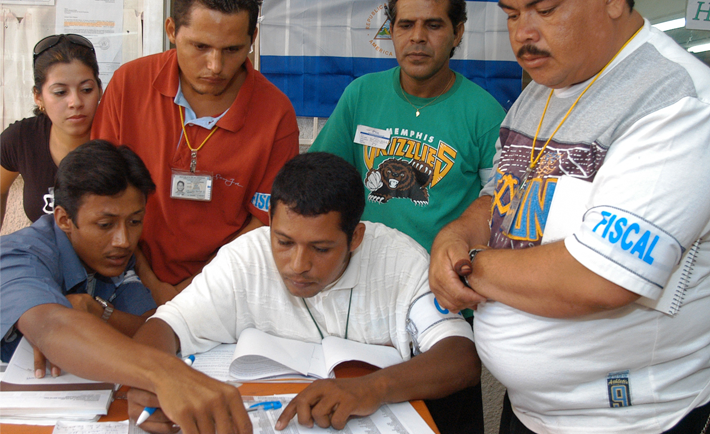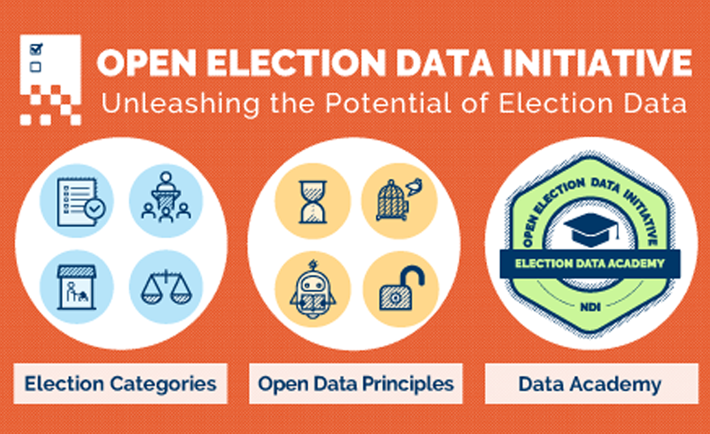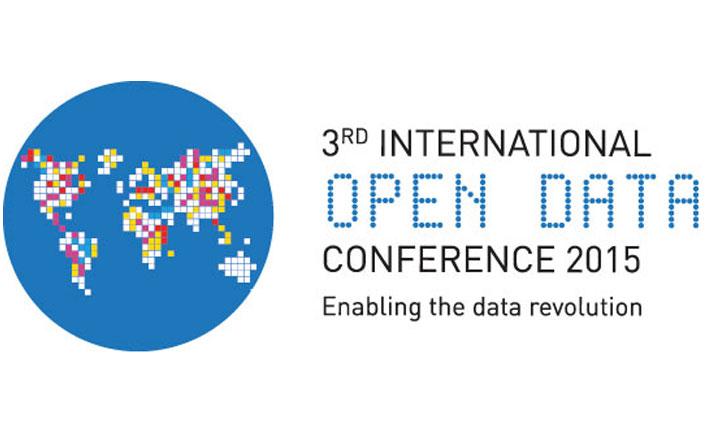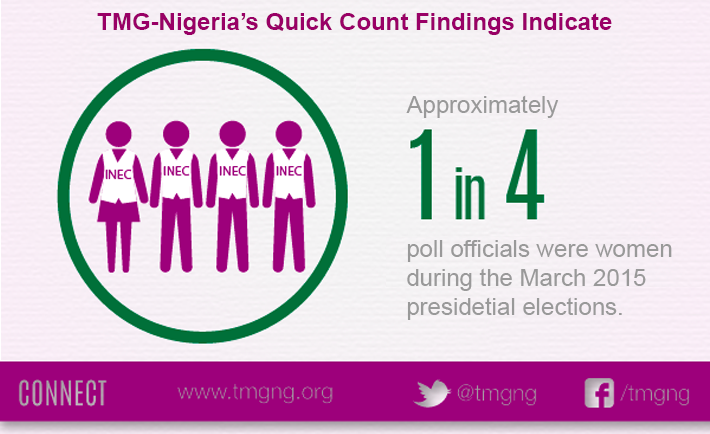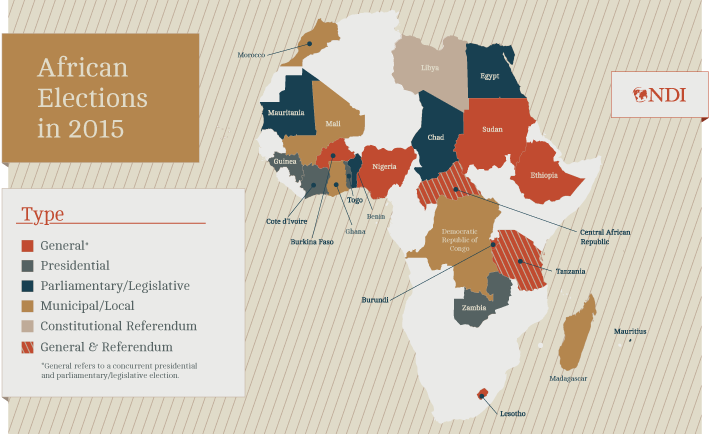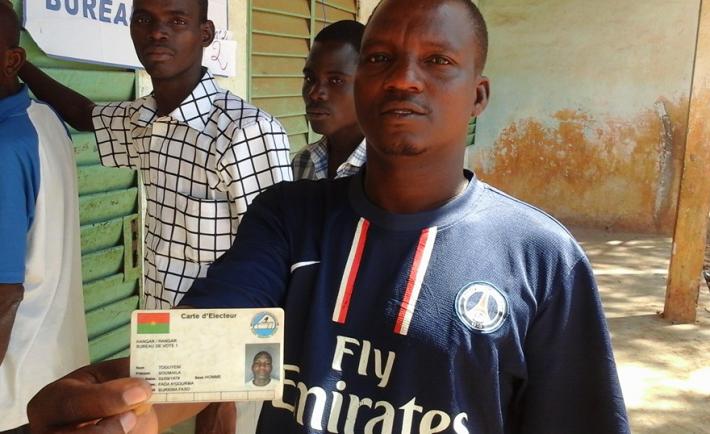
A voter in Burkina Faso displays his ID card. Many observers have described the recent election as ‟the freest and fairest" in the country’s history.
In the past week, the people of Burkina Faso again surprised many Africa watchers – the third time in 15 months – by holding what many observers have described as ‟the freest and fairest" elections in the country’s history.

